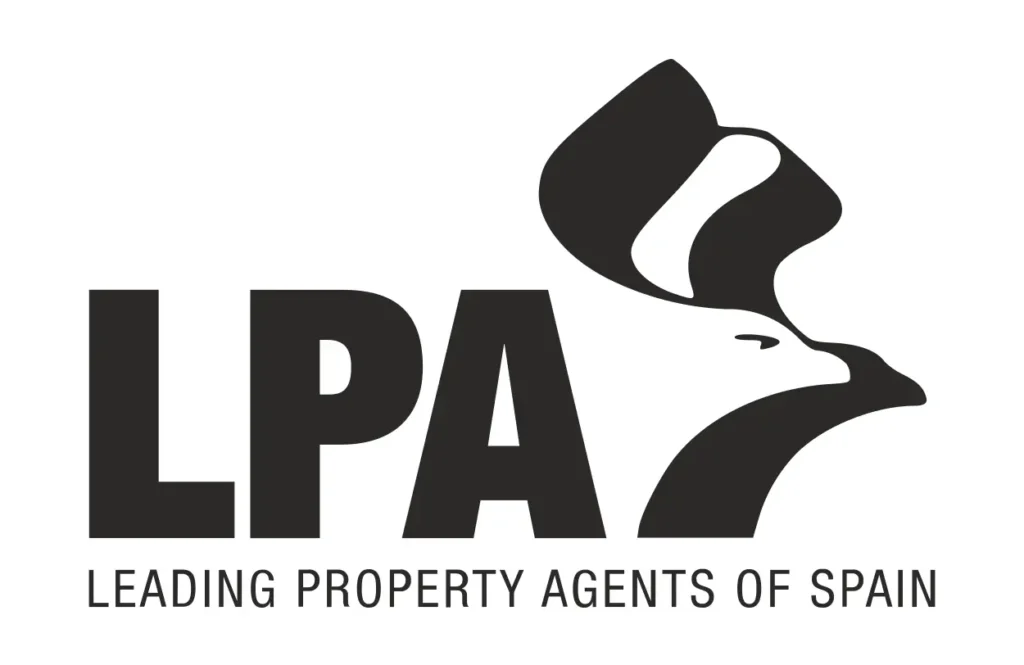In an ever-evolving real estate market, particularly in Spain and the Costa del Sol, it is vital for both agents and clients to be aware of potential scams and the risk of identity theft. The Leading Property Agents of Spain (LPA) promotes professionalism, trust, and education to ensure our members and clients are prepared to navigate these challenges effectively.
Understanding Common Scams in Real Estate
The real estate sector, unfortunately, is not immune to fraudulent activities. Below are some common scams that buyers and sellers should be aware of:
- Fake Listings: cammers create bogus property listings to lure potential buyers, often using stolen images from legitimate listings.
- Identity Theft: Fraudsters may impersonate agents or sellers, requesting sensitive information or deposits.
- Rental Scams: In this scenario, scammers advertise properties for rent that they don’t own, collecting deposits without any intention of renting the property.
Protecting Yourself Against Scams
To safeguard yourself from these threats, consider the following practical tips:
- Verify Listings: Always ensure that the listings you are interested in are genuine. Use reputable real estate websites and confirm details with the listed agency.
- Check Credentials: Investigate the backgrounds of agents and companies. LPA member agencies are guaranteed to adhere to high standards of professionalism.
- Never Send Money in Advance: Be cautious of any requests for deposits or payments without proper documentation.
How LPA Ensures Trust and Safety in Real Estate
As part of our commitment to promoting ethical practices, LPA offers continuous training and resources to our member agencies. We strive to be a beacon of quality in the real estate sector, ensuring our clients are protected by trustworthy professionals.
Legal Changes and New Regulations
The real estate landscape in Spain is constantly changing, with new regulations aimed at protecting consumers from fraudulent activities. Keeping informed about these changes is crucial. The LPA works closely with legal experts to keep our members updated and compliant, thus reinforcing the integrity of the market.
FAQs
What should I do if I suspect a scam?
If you suspect fraud, cease communication and report it to the authorities. It’s also advisable to inform your local real estate board.
How can I identify a legitimate real estate agent?
Check for licensing, reviews, and professional affiliations. Look for agents who are members of recognised associations like LPA.
What safeguards does LPA have in place for its members?
LPA implements strict criteria for membership, including adherence to ethical practices and continuous professional development.






